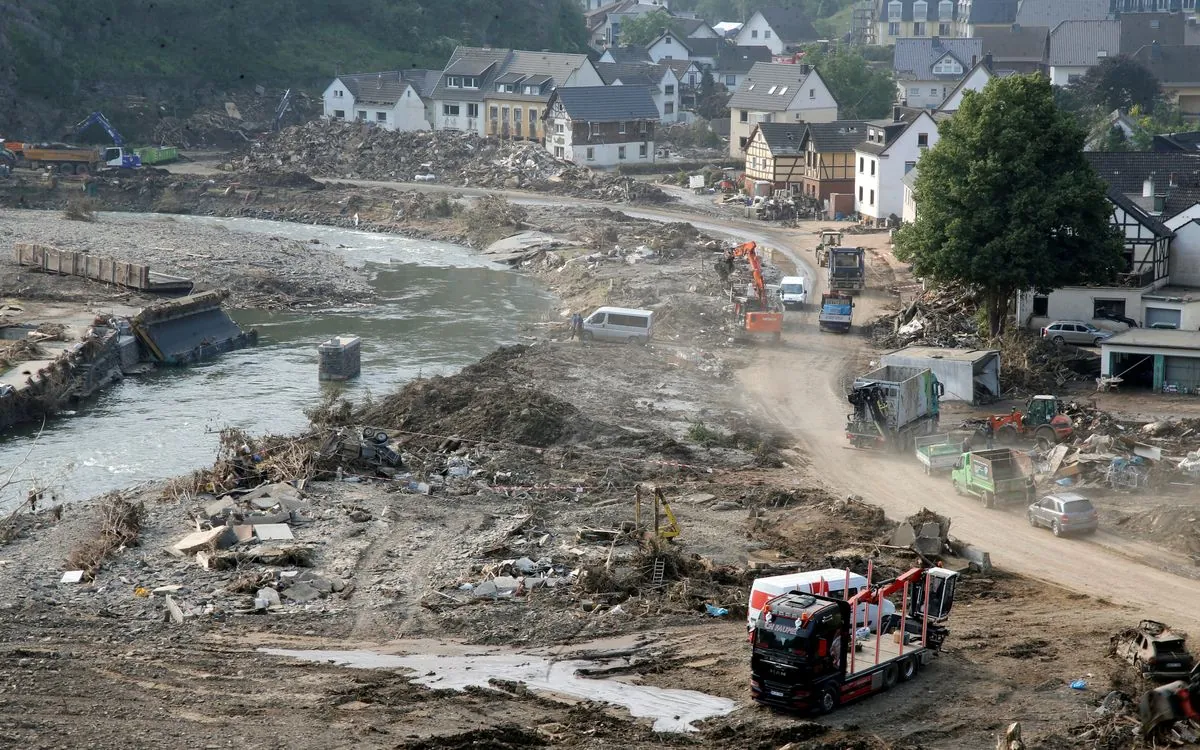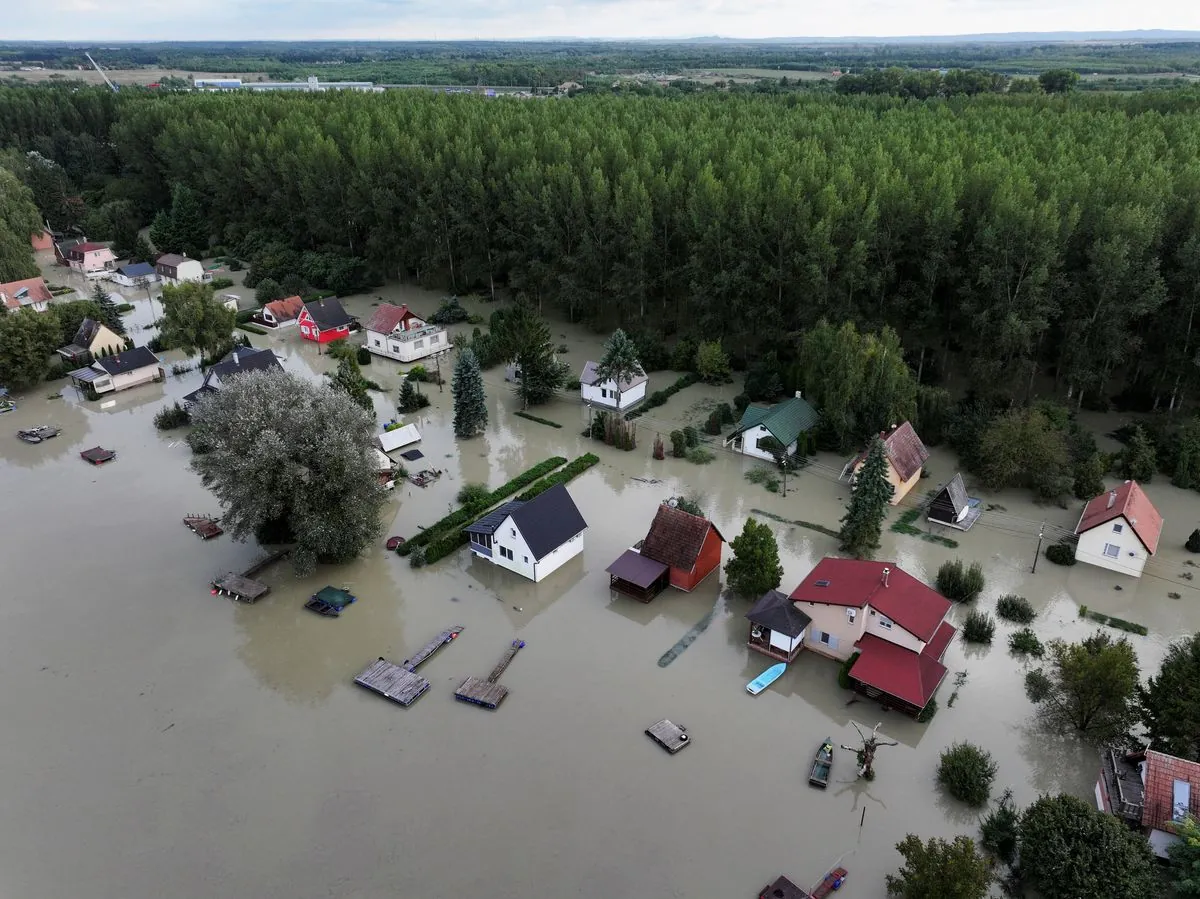EU Warns of Climate Crisis as Floods and Fires Ravage Europe
Recent floods in Central Europe and wildfires in Portugal highlight the urgent need for climate action, says EU official. The cost of climate-related disasters in Europe has risen dramatically since the 1980s.

Recent extreme weather events across Europe have prompted urgent warnings from European Union officials about the escalating climate crisis. Severe flooding in Central Europe and deadly wildfires in Portugal have been cited as evidence of the growing impact of climate change on the continent.
Janez Lenarcic, the EU Crisis Management Commissioner, addressed the European Parliament in Strasbourg, France, emphasizing the gravity of the situation. He stated that these events are becoming increasingly common and should not be viewed as anomalies.
"Make no mistake. This tragedy is not an anomaly. This is fast becoming the norm for our shared future."
The flooding, described as the worst in years, swept through Central Europe on Tuesday, causing loss of life and widespread property damage. Simultaneously, fires raged in northern Portugal, resulting in at least six fatalities.

Europe's vulnerability to extreme weather events has been highlighted by experts, with the continent warming faster than any other globally. This rapid warming trend is exacerbating the frequency and intensity of climate-related disasters.
The economic toll of these events is staggering. Lenarcic revealed that the average cost of disasters in the 1980s was 8 billion euros annually. However, in recent years, particularly 2021 and 2022, the damage has exceeded 50 billion euros per year. Terry Reintke, president of the Greens group in the European Parliament, estimated the total cost for the EU since the 1980s at 650 billion euros.
Despite the clear need for action, the EU faces political challenges in implementing climate measures. The bloc's ambitious Green Deal, which aims to achieve climate neutrality by 2050, has encountered opposition from various quarters. Some member states and political groups, particularly populist and far-right parties, have criticized the plan as unrealistic and economically burdensome.
Lenarcic emphasized the urgency of the situation, stating that the global reality of climate breakdown has become a part of Europeans' everyday lives. He called for determined efforts to combat climate change and reduce emissions.
The EU has set targets to reduce greenhouse gas emissions by at least 55% by 2030, aligning with the Paris Agreement's goal of limiting global warming to well below 2°C. However, the implementation of these targets remains a challenge amid political and economic pressures.
As Europe grapples with the immediate aftermath of these disasters, the long-term implications of climate change loom large. The EU's Civil Protection Mechanism is working to coordinate responses to such crises, but prevention and mitigation strategies are increasingly seen as crucial for the continent's future resilience.


































